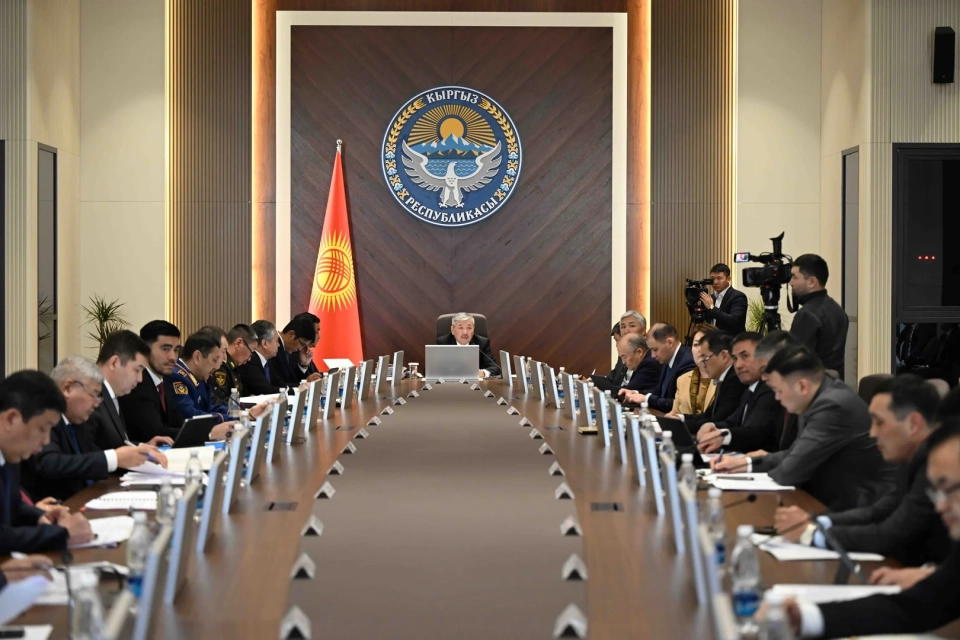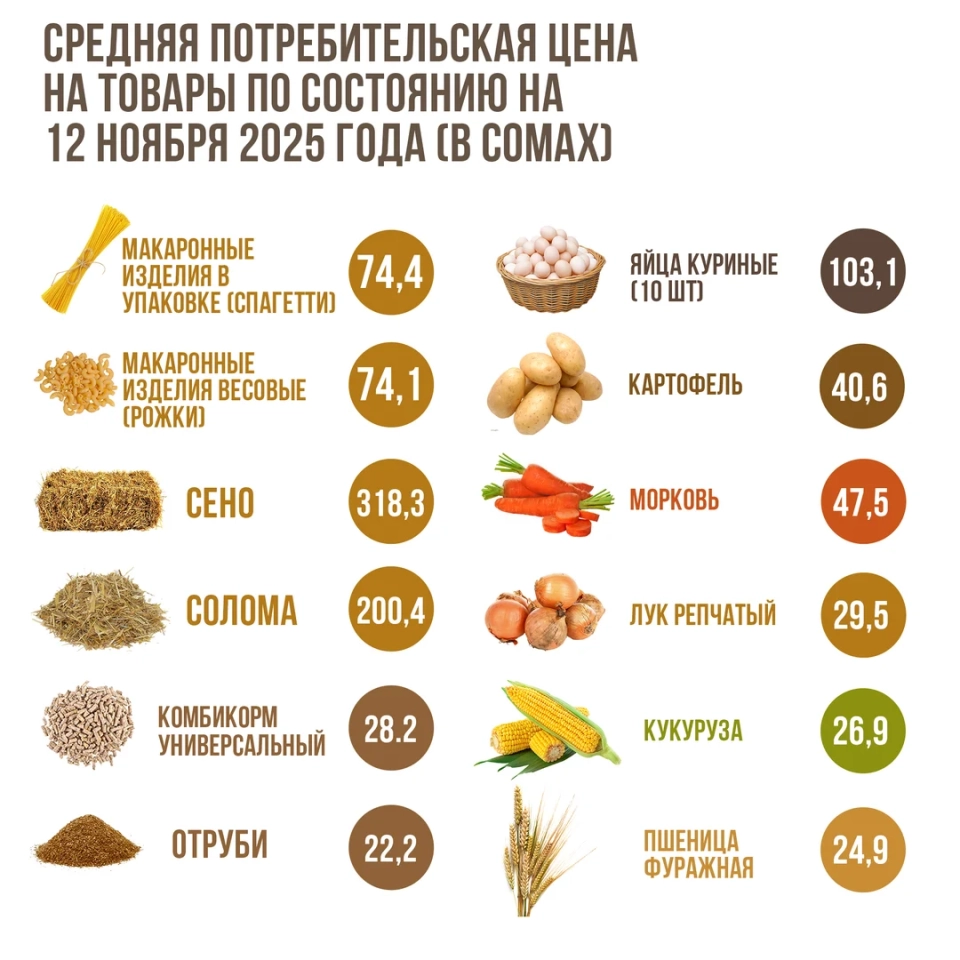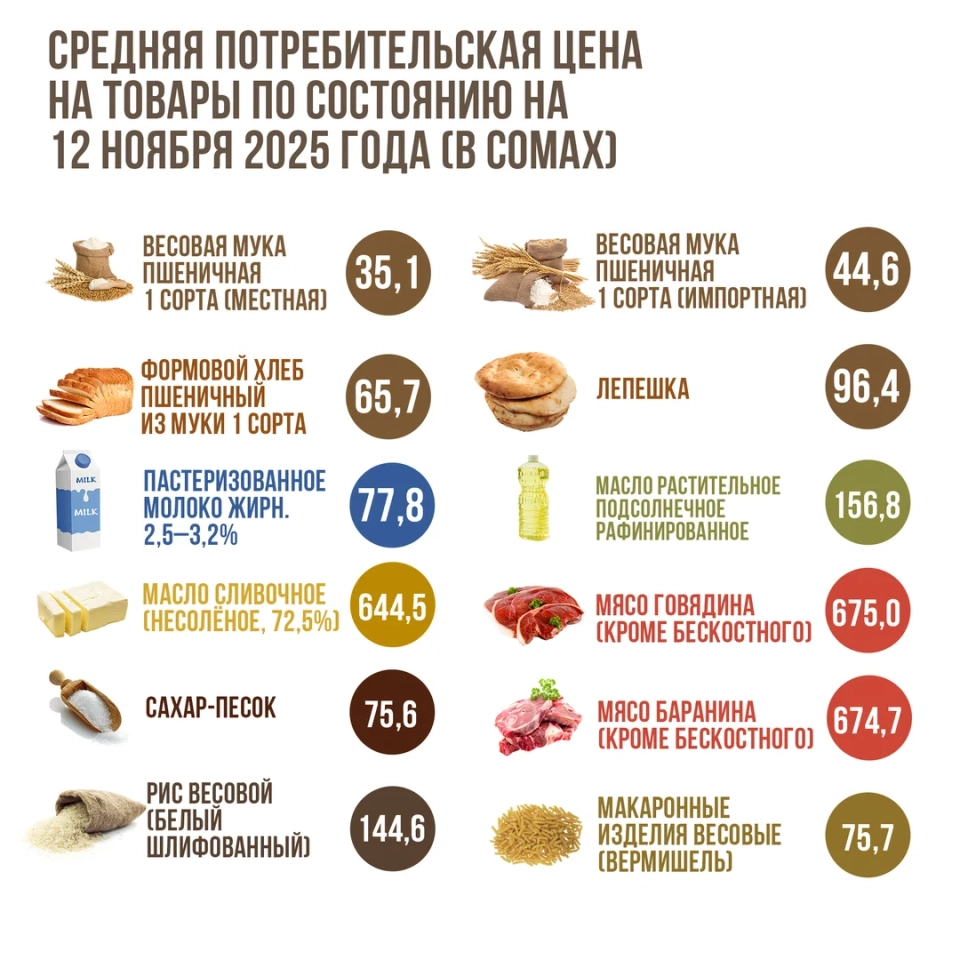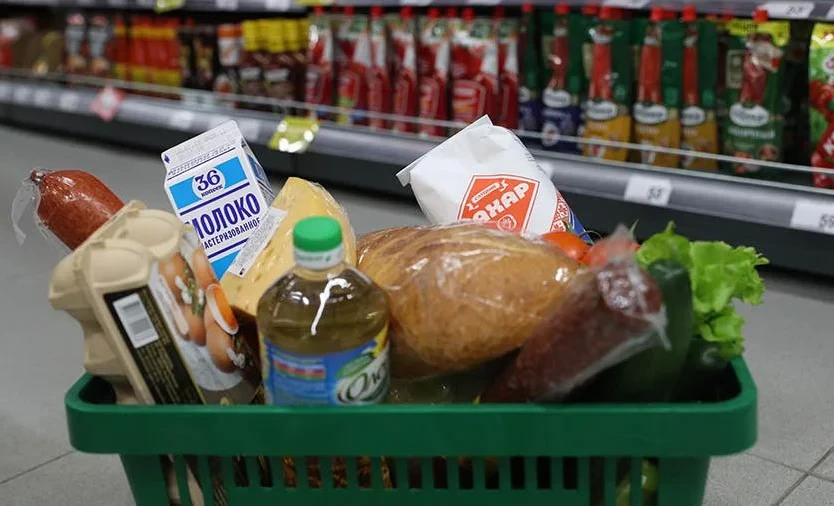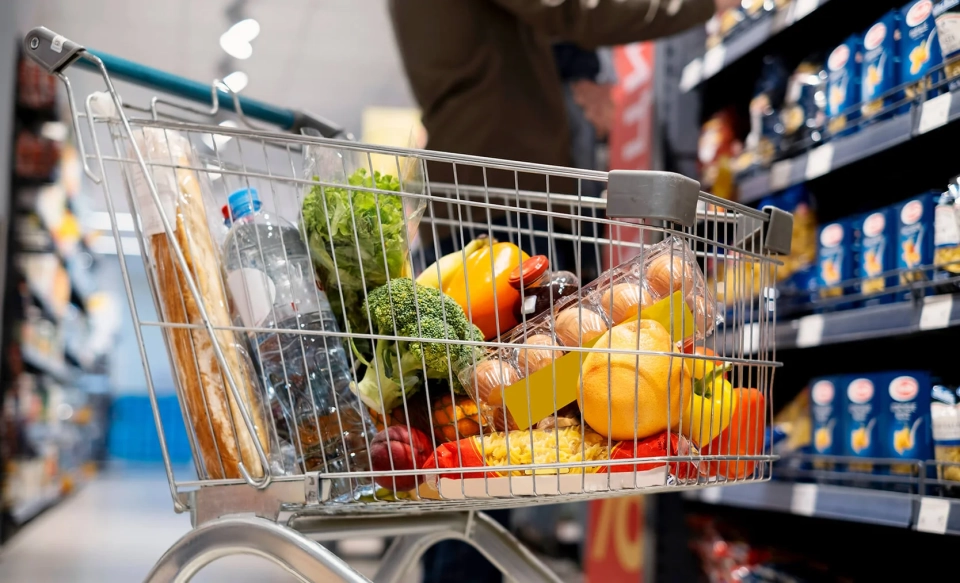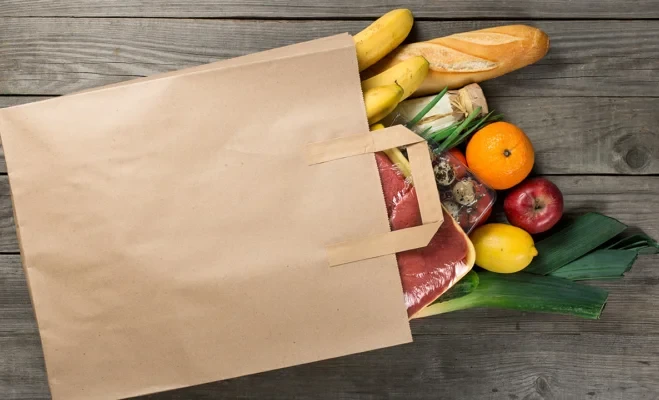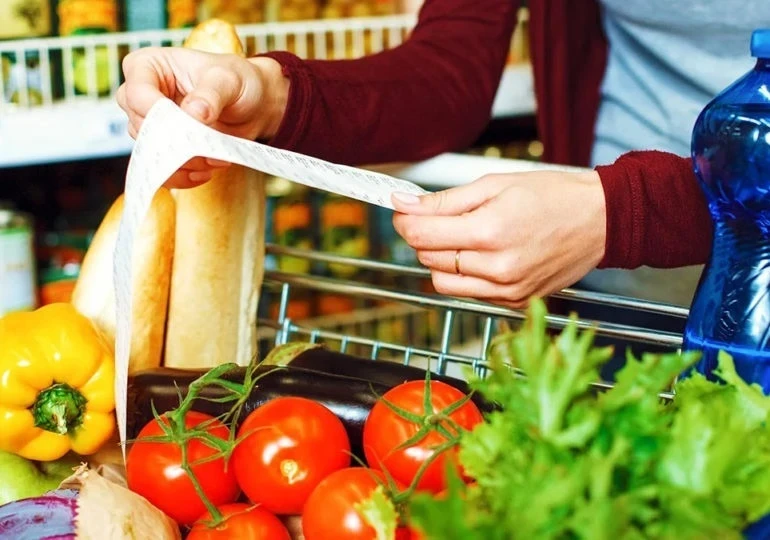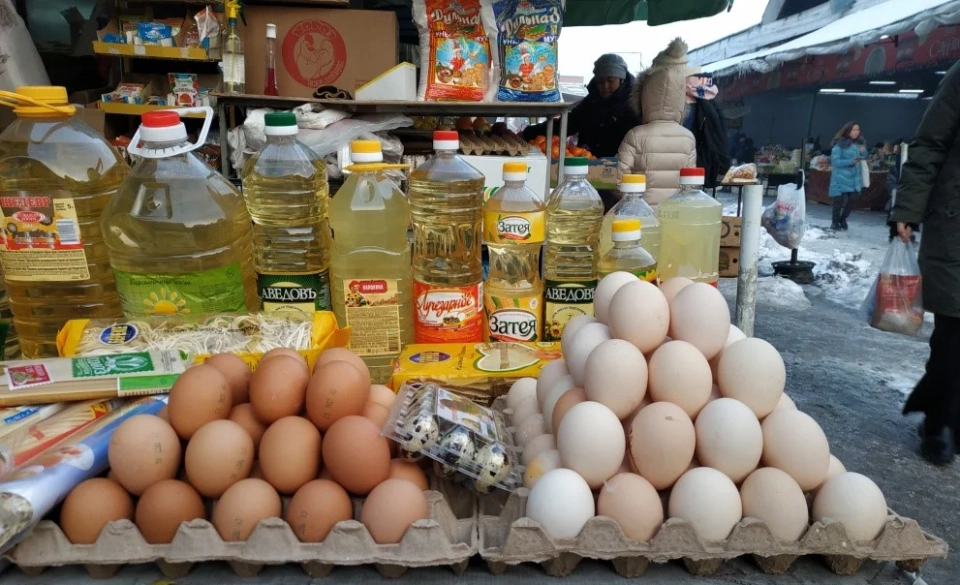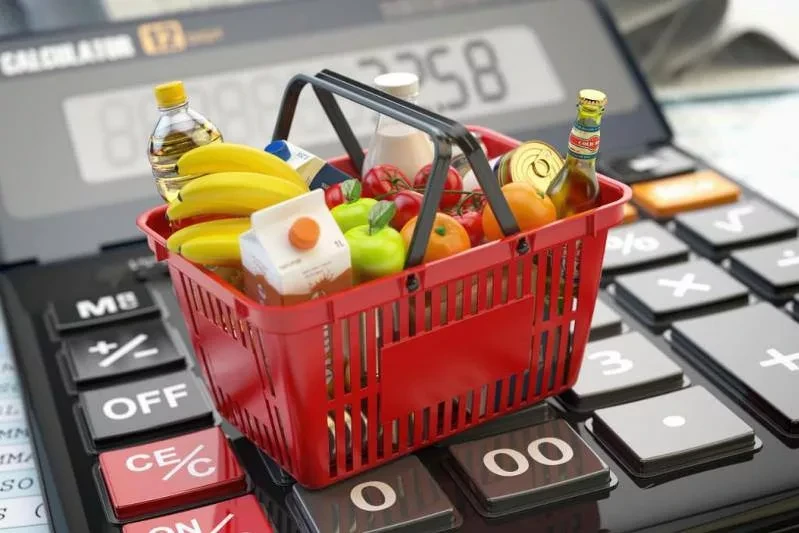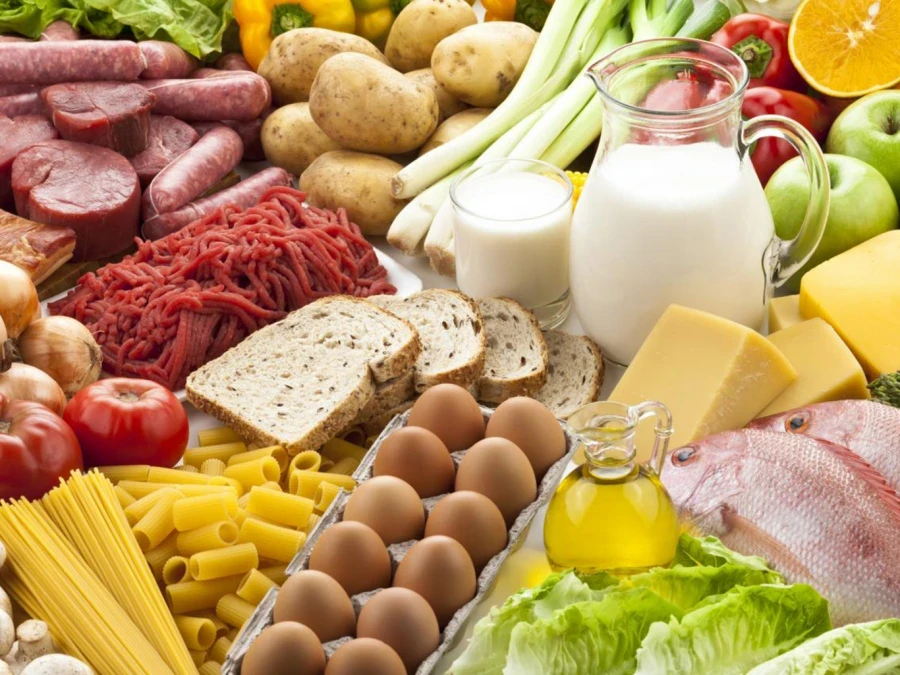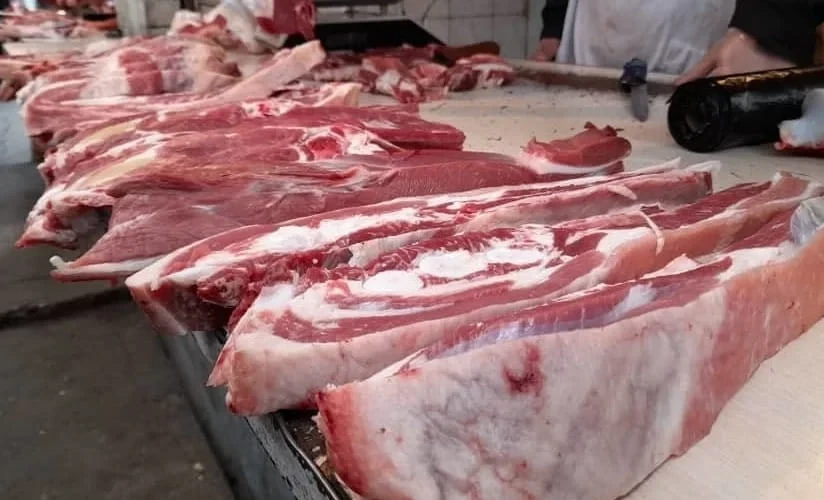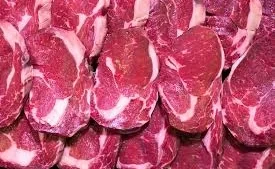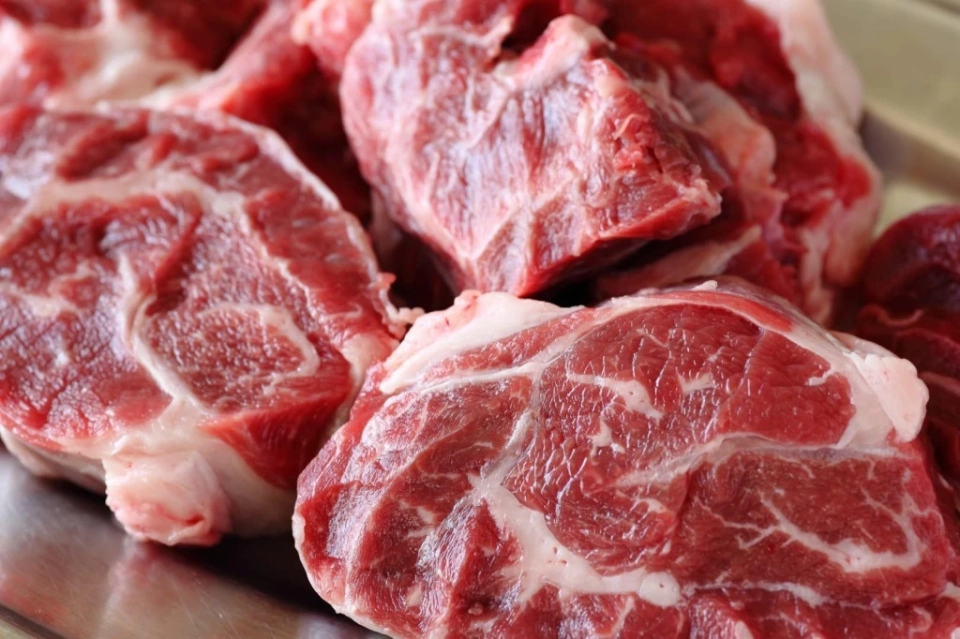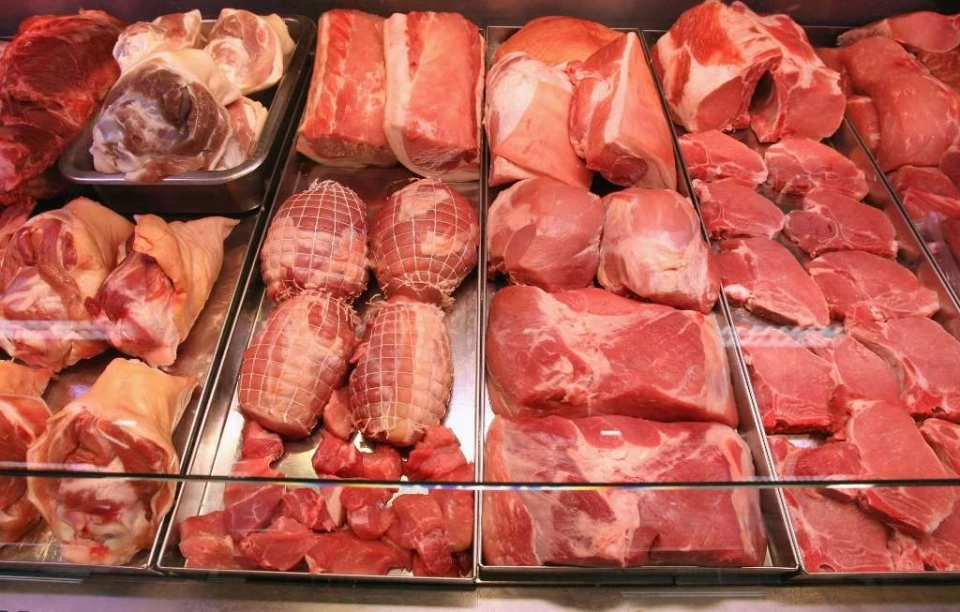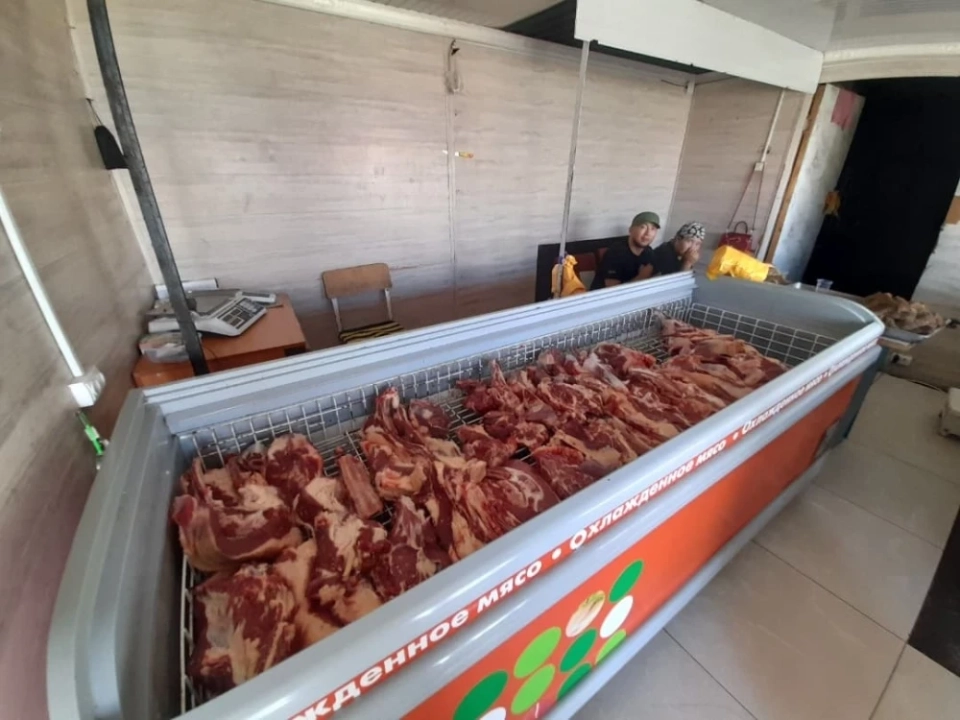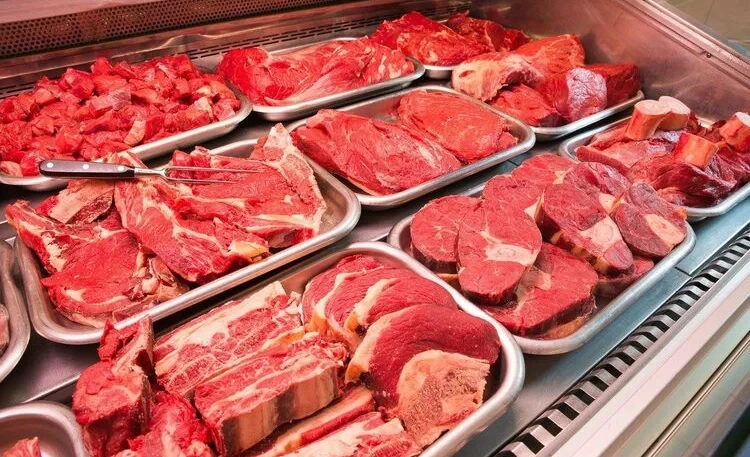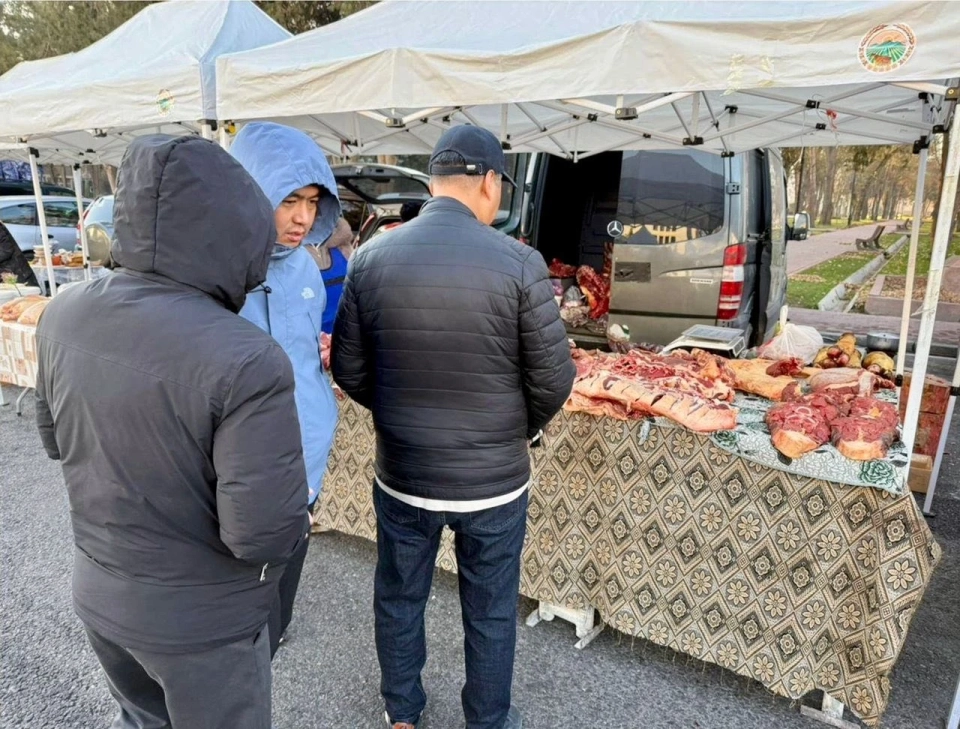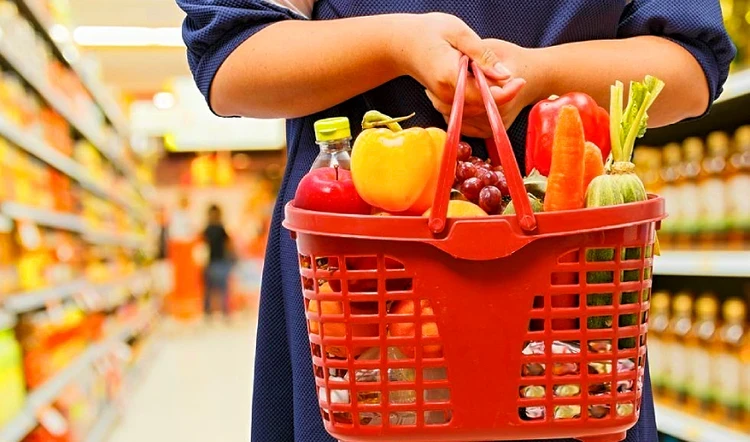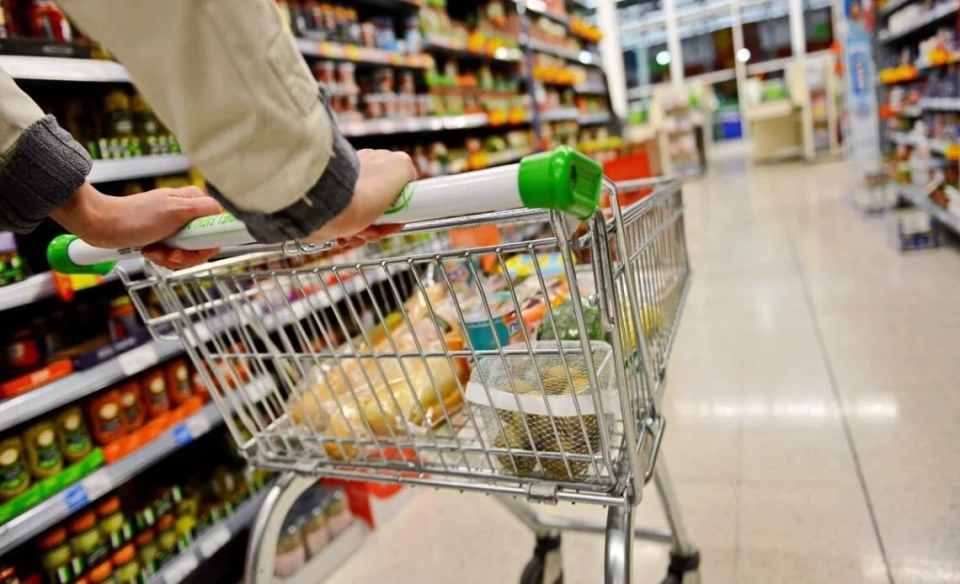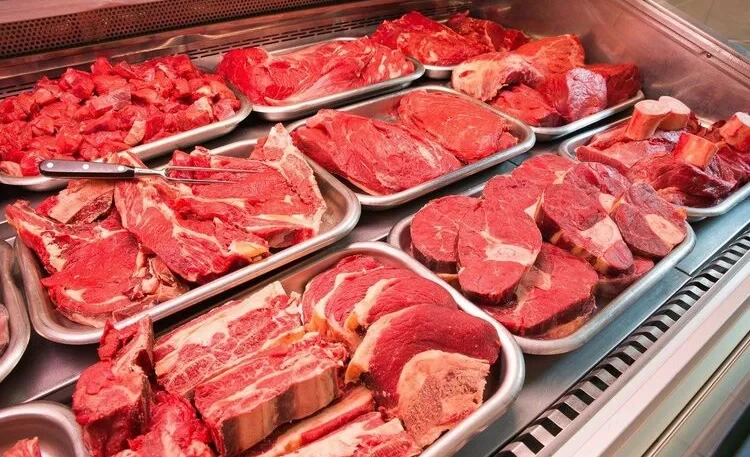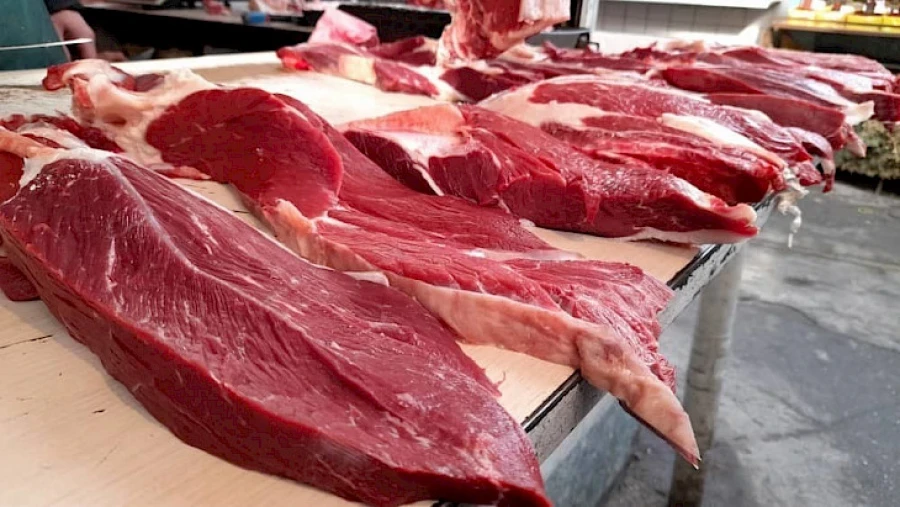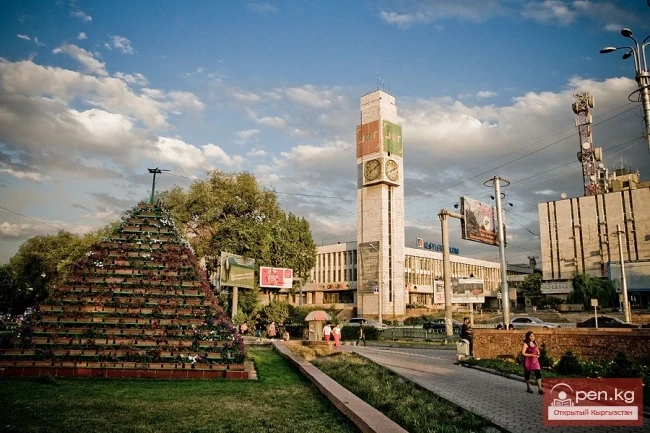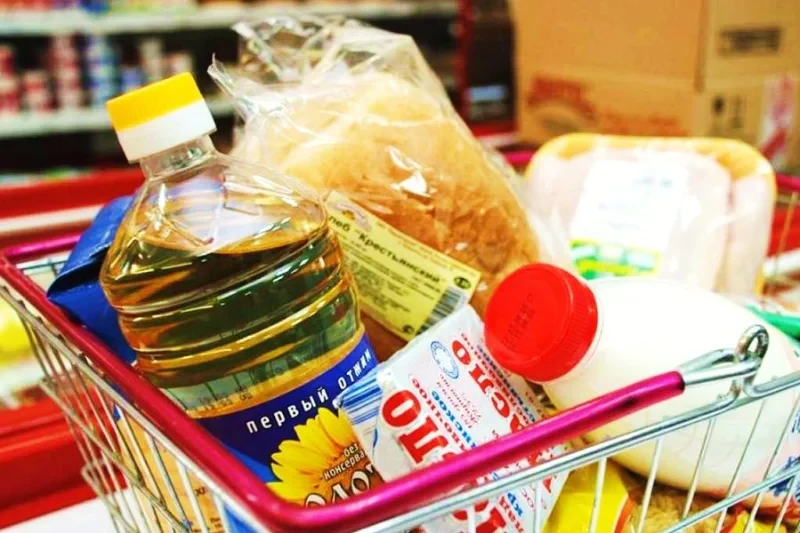
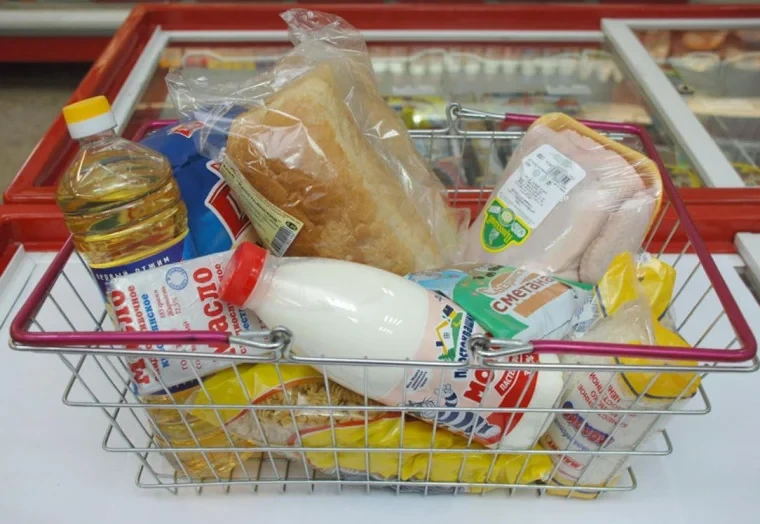
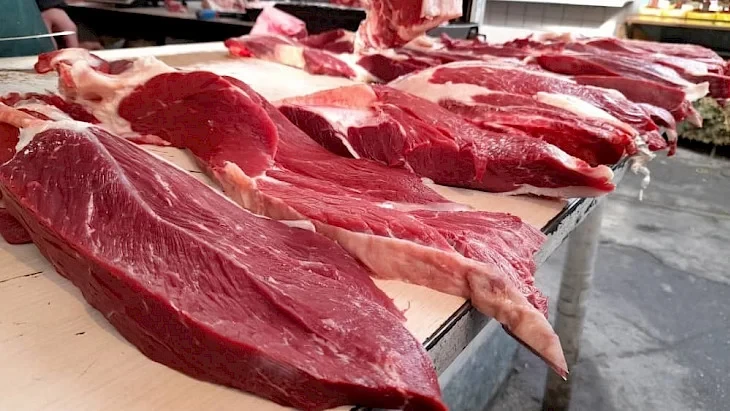



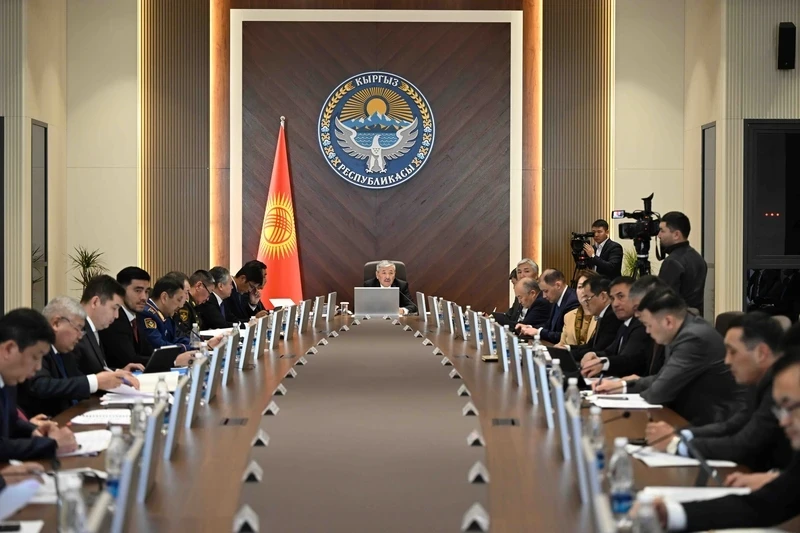
In order to stabilize prices for essential food products, the government and the Ministry of Water Resources, Agriculture and Processing Industry of Kyrgyzstan are implementing a number of measures both operational and systemic.
According to the decision of the Cabinet of Ministers, a temporary ban on the export of live livestock has been introduced to regulate and stabilize domestic prices for meat. This will increase supply in the domestic market and prevent sharp price increases.
Social sales points are being created in various regions with the support of district administrations, the Antimonopoly Agency, and the ministry. As a result of these initiatives, the price of meat has decreased by 50–70 soms in recent days.
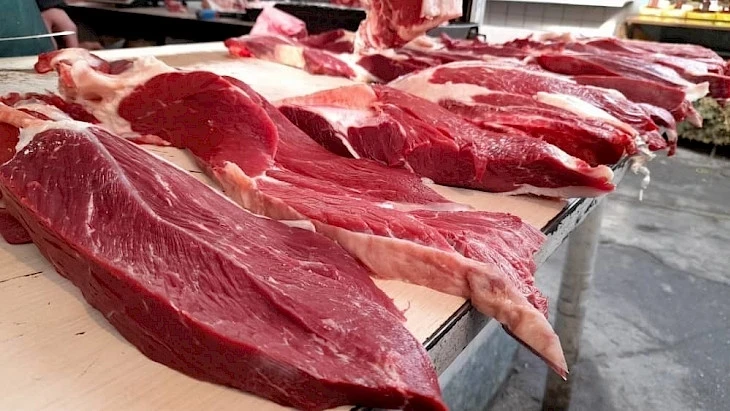
The ministry is also analyzing the price chain from farmers to consumers to identify the reasons for price increases. Based on the data obtained, necessary measures will be taken.
As part of ensuring food security, the following goods are also being considered for exemption from VAT:
- wheat imported into Kyrgyzstan;
- feed coming from abroad;
- vegetable oil exported from Kyrgyzstan.
A decision is expected to be made in the near future.
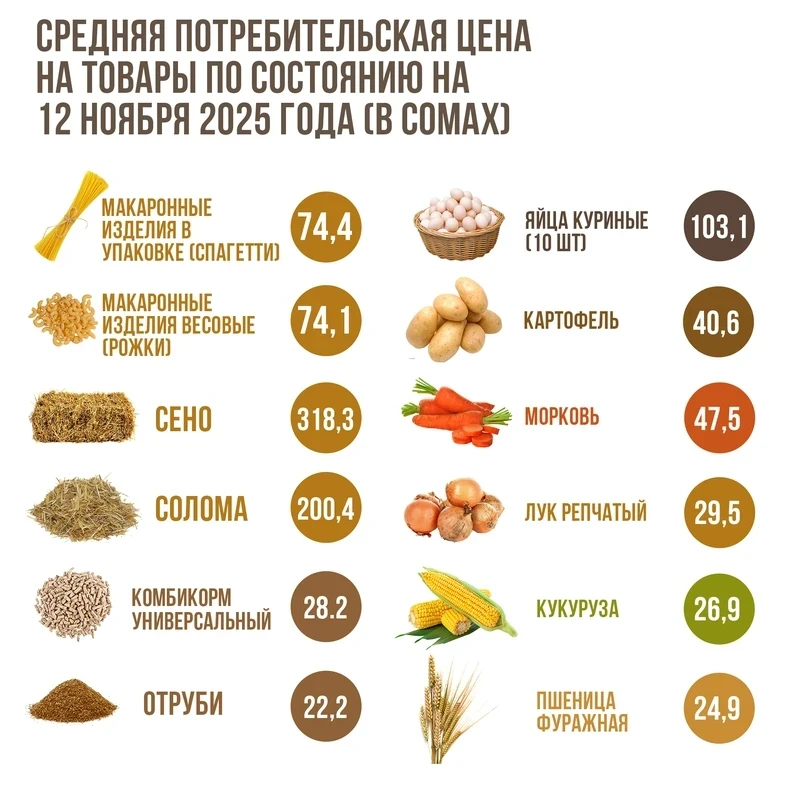
Nazina Alykulova, head of the pricing sector at the Department of Antimonopoly, Competitive Policy and Pricing of the Ministry of Economy and Commerce, spoke about measures to curb prices for socially significant goods.
According to her, a list of socially significant goods for which temporary price regulation may be introduced has been approved by the Cabinet of Ministers. This list includes 16 items, of which 11 are food products: bread, flour, sunflower and butter, milk, meat, pasta, rice, as well as vegetables — onions, potatoes, and carrots.
Alykulova noted that state regulation of meat prices is currently ongoing. The decision to introduce temporary control was made on August 11 of this year.

At a meeting with major suppliers of social goods, the Minister of Economy and Commerce of Kyrgyzstan, Bakyt Sydykov, emphasized the importance of reducing prices for these goods.
Addressing the participants, he noted the need for joint work with large hypermarkets and markets in the capital to achieve results in reducing prices. “Our efforts should focus on the entire supply chain. We do not require you to work at a loss, but we ask you to take a reasonable approach. Meanwhile, the Antimonopoly Service is intensifying monitoring of the situation: over the past two days, more than 30 fines have been imposed,” added the minister.

The Ministry of Economy and Commerce, together with the Antimonopoly Service, continues to monitor the price situation to ensure stability in the consumer market and protect the interests of citizens.
It is also reported that monitoring of prices for socially significant goods will be conducted throughout Kyrgyzstan in all retail outlets, including markets, supermarkets, and stores.
